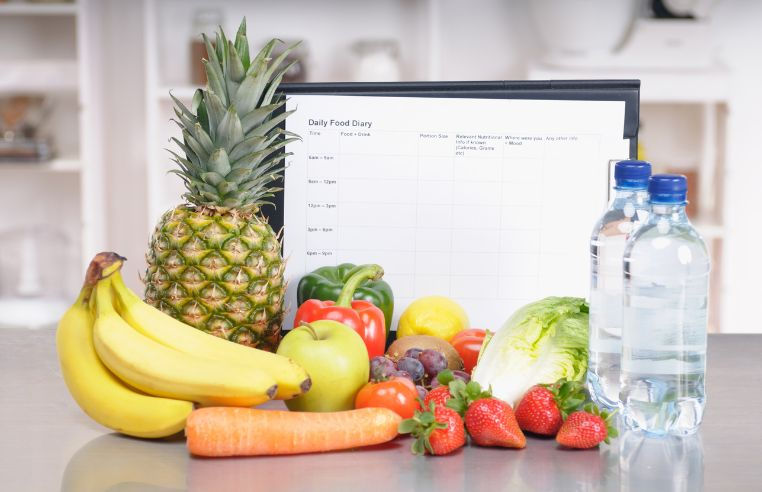If I Were Dealing With Acid Reflux Right Now, Here’s What I’d Do
- Ciara Ryan

- Sep 24, 2025
- 4 min read

If I had that burning pain creeping up after dinner tonight, I know exactly what I’d do. I’d “reach for the Rennie” or Gaviscon or some over the counter relief. Because why suffer when a chewable tablet will settle the fire in minutes? Problem solved.
Until it isn’t.
Because when the same pain comes back tomorrow night, I’ll take another one. Then again at the weekend. And before long, I’m half-joking to myself that I should buy shares in Rennie just to keep up with the habit.
That’s the moment I’d start asking: what’s really going on here?
Is Acid Reflux Caused by Too Much Stomach Acid?

That’s the general consensus isn’t it? For many years we’ve been told reflux means excess acid bubbling up. And in fairness, that explanation makes sense when you’re feeling the burn. But in many cases, reflux isn’t about too much acid. It’s about acid in the wrong place.
Sometimes there isn’t enough stomach acid to break food down properly, so it lingers, creating pressure and pushing back up. Sometimes the little “valve” that keeps food in the stomach relaxes when it shouldn’t. And sometimes stress, bloating, or certain foods fan the flames.
So no, it’s not always a case of “too much acid.”
What Really Causes Acid Reflux and Heartburn?
The list is longer than people think, but here are the big players we see in the clinic:
Low stomach acid – Food hangs around too long, pressure builds.
Weak sphincter tone – The lower oesophageal sphincter relaxes at the wrong times.
Hiatus hernia – Structural changes make reflux more likely.
Gut microbiome imbalance – Gas and bloating push stomach contents upwards.
Diet and lifestyle triggers – Coffee, alcohol, high-fat meals, late-night eating, chocolate, citrus… all the usual suspects.
Stress – Changes acid production, slows digestion, tightens everything.
See how different that sounds from the old “too much acid” story?
Can You Fix Reflux Without Medication?
Medication can be brilliant in the short term. PPIs (e.g. Nexium and Zoton) and H2 blockers reduce acid and give much-needed relief. For some people, they’re essential and even lifesaving. The reality is symptoms usually return once you stop using them.
And let’s be honest, that rebound when you stop your PPI can be brutal. Many of my clients tell me they dread coming off them because the reflux feels even worse at first. That doesn’t mean you’re stuck forever. It means your body needs support to adjust, and there are gentler ways to make that transition when you’ve got the right plan.
Long-term acid suppression can mean poor nutrient absorption, higher infection risk, and more digestive issues down the line. In other words: medication helps calm the fire, but it rarely explains why the fire started.
That’s the gap I help people close.

Common Myths About Reflux
Myth 1: It’s always too much acid. Often it’s the opposite. Low acid and pressure issues are common drivers.
Myth 2: Medication is the only way. Meds work, but nutrition and lifestyle can tackle the root causes.
Myth 3: Just avoid spicy foods. For some it’s spice, but for others it’s coffee, mint, or even stress. Triggers are personal.
Myth 4: Reflux is harmless. Occasional heartburn happens, but chronic reflux can damage the oesophagus and deserves attention.
What I’d Do Instead
If this were me, here’s the steps I’d take:
Start with a food diary. Write down meals and symptoms for two weeks to spot patterns.
Eat smaller, balanced meals. Less pressure on the stomach, better digestion.
Don’t lie down straight after eating. Two to three hours upright before bed makes a big difference.
Mind the usual suspects. Coffee, alcohol, chocolate, late dinners, test and see which are your triggers.
Chew slowly and don’t rush. Your stomach will thank you.
Work on stress. Easier said than done, but even a few minutes of deep breathing before meals can help.
Look deeper with a professional if needed. Microbiome testing, checking stomach acid, and personalised nutrition can reveal the missing pieces.

This isn’t about throwing away your meds overnight. It’s about finally answering why reflux keeps showing up and building a plan that supports long-term relief.
Living Without Constant Heartburn
Reflux isn’t just random bad luck or a sign your body has too much acid. It’s a signal — and signals are worth listening to. When you look past symptom suppression and start digging into what’s driving it, that’s when real change happens.
And the good news is, with the right support, you don’t have to live like this.
Picture going out for dinner and enjoying the meal without that quiet panic about where the nearest pharmacy is. Or lying down at night and realising you don’t need to prop yourself up with half the pillows in the house. That’s what happens when you tackle the drivers, not just the symptoms.
Ready to stop firefighting reflux? Book your free health review today and let’s start uncovering what’s really going on with your digestion.
Subscribe to our newsletter for practical, science-based tips that make healthy eating simple and help you feel your best every day.







Comments